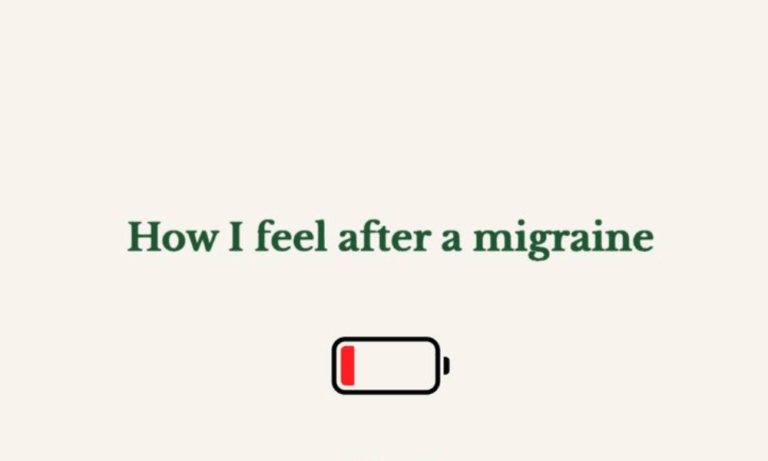The rich aroma and the wakefulness jolt make it such a morning ritual. But behind the daily ritual, there are som serious side effects of coffee. From shakiness to disrupted sleep, having an idea of what these are can enable you to appreciate your brew without infringing on your health.
Jitters and Increased Heart Rate
If you’ve ever felt your hands shake after a strong cup of coffee, you’ve experienced coffee jitters. Caffeine stimulates your central nervous system, which can speed up your heart rate. For some people, especially those sensitive to caffeine, this can lead to restlessness and a sense of unease. The good news? Reducing your intake or switching to a lighter roast can help manage these effects.
Sleep Disturbances
One of the best aspects of coffee—its alertness—is also possibly its worst. Drinking coffee at night can interfere with your own natural sleep cycle, so you’ll find it difficult to sleep or sleep through. According to the American Academy of Sleep Medicine, caffeine consumed even six hours before bedtime can significantly reduce total sleep time and quality.
Digestive Discomfort
Coffee is naturally acidic, and while that acidity gives it such a robust flavor, it can be stomach-churning in some people. Acid reflux, bloating, and an upset stomach are common side effects in those who are sensitive. If you experience this, try to drink your coffee with food or switch to a low-acid coffee.
Anxiety and Restlessness
Caffeine stimulates the release of adrenaline, which can raise anxiety levels. If you’re already stressed or anxious, coffee will make these symptoms worse. In this case, reducing the amount of coffee you drink every day or turning to caffeine-free herbal teas will restore balance.
Dependence and Withdrawal
Coffee can become more than a habit—it can turn into a dependency. Soon enough, your body adapts to the steady drip of caffeine and responds with withdrawal symptoms such as headaches, fatigue, and irritability when you skip your daily cup. The key is moderation: enjoy your coffee, but enjoy also your body’s days off from caffeine.
Impact on Bone Health
According to the Harvard T.H. Chan School of Public Health, high caffeine intake can modestly reduce calcium absorption, and therefore can affect bone density over time. Although this risk is low among coffee consumers who drink moderately, individuals drinking large amounts should ensure that they get their daily dose of calcium from other sources.
Balancing the Benefits and Side Effects
Coffee isn’t inherently “bad”, it’s packed with antioxidants and even makes mood, concentration, and metabolism better. The issue is merely getting the correct dose for your body to reduce the side effects of coffee. These are some lifestyle hacks to enjoy your coffee without undesirable side effects:
Know your limit: For most adults, 400mg of caffeine a day (about 3–4 cups) is safe.
Stay hydrated: Coffee is mildly diuretic, so have it with good water.
Select quality: High-quality, fresh beans can reduce bitterness and acidity.
Listen to your body: If your sleep, mood, or digestion shifts, adjust your consumption.
Coffee is a delight for some, but it’s nice to have some sense of how the coffee interacts with your body and what are the side effect of coffee. With awareness and minor adjusting, you can keep your coffee time enjoyable—and side-effect-free.




